Value-Oriented Education: Kireet Joshi Repository
Professor Kireet Joshi
Kireet Joshi was an Indian philosopher. Disciple of Sri Aurobindo and Mirra Alfassa. In 1976, the Prime Minister of India, Indira Gandhi, appointed Kireet as Education Advisor to the Government of India. He also served as the Chairman of the Indian Council of Philosophical Research. An Educational adviser of Gujarat Chief Minister, 2008-2010 and several other important posts. Author of Several Books on Philosophy, Yoga, Education and Teacher Training.
![Thumbnail [200x250]](/images/unnamed1.jpg)
Archives
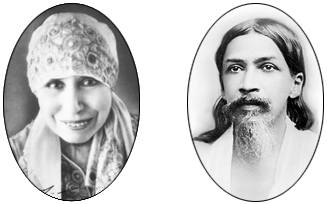
Sri Aurobindo and The Mother
Sri Aurobindo emerged in the first decade of the century as a revolutionary leader of the struggle for india's freedom, who electrified the nation through his writings. The field of his work widened rather rapidly and after a series of yogic experiences, he withdrew in 1910 to Pondicherry and plunged into a more revolutionary struggle related directly to the evolutionary crisis through which mankind is passing today. In 1914, Mother (Mirra Alfassa) came to Pondicherry from France and joined Sri Aurobindo. Thus began a momentous collaboration for supramental action on earth
Read Books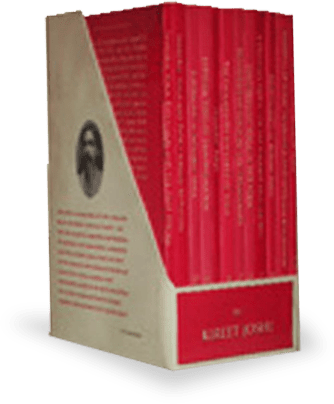
Synthesis of Yoga
These books are an introduction to the study of the Philosophy and Yoga of Sri Aurobindo who invites us to collaborate with the effort that is involved in the synthesis of Yoga that can liberate us from the fetters of dogmas and preconceptions and inspire us to realise the highest and the best not only for ourselves but also for the entire humanity.
Read Books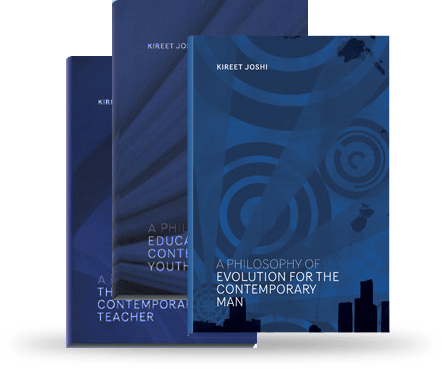
Philosophy of Sri Aurobindo
Among all intellectual disciplines, Philosophy is intrinsically concerned with the search of essential significance, which impels uncovering of layers of facts, physical and psychological, and determination of the distinction between appearance and reality.
Read Books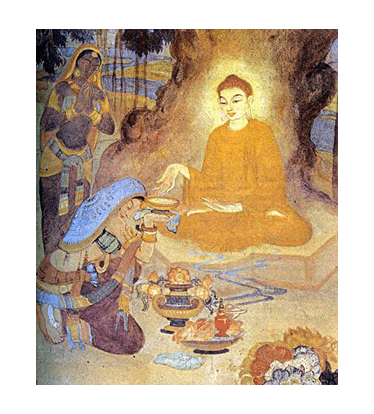
Teacher Training
Teachers of today and tomorrow need to have new programmes of training, which will take care of new roles of the teachers and new trends of the synthesis of East and the West, and as agents of change from old to the new.
Read Books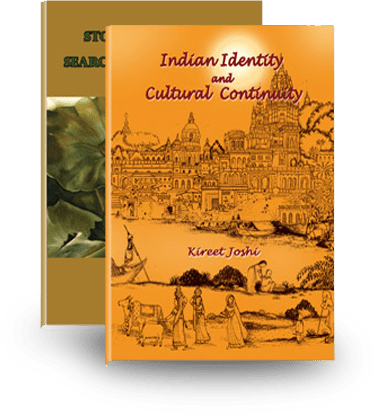
Indian Culture
Every culture has three aspects: Upward will, ideal and thought turned upon the ideal; second, creative self-expression and appreciative aesthesis and imagination; and thirdly, practical and outward formulation. These three are represented, respectively, by (1) religion and philosophy; (2) Art, poetry, literature; (3) Society, politics and outward frame of external life. And it is the function of the culture to lead these four elements of life in man and to build some kind of harmony of these forms and motives. Indian culture has been throughout a spiritual, and inward looking, religio-philosophical culture, and that everything else has been derived from this central peculiarity; even external life has been subjected to it.
Read Books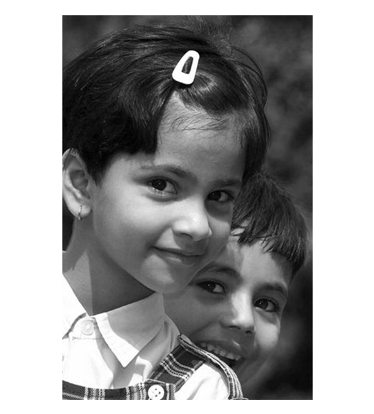
On Education
Our system of education is the legacy of the colonial past. Sixty years have passed since we attained independence, but even though, promised during the freedom struggle, we have not been able to change the system, except very marginally. The country needs a kind of education that is not yet being conceived, although greatest pioneers of the freedom struggle have already given us the glimpses of that education. If India has to play a leading role in meeting the challenges of the contemporary civilization and also the contemporary crisis; we have to redesign our Education System during the next ten years.
Read Books
Booklet
These books are an introduction to the study of the Philosophy and Yoga of Sri Aurobindo and the Mother who invite us to collaborate with the effort that is involved in the synthesis of Yoga that can liberate us from the fetters of dogmas and preconceptions and inspire us to realise the highest and the best not only for ourselves but also for the entire humanity. These books also include a study of the philosophy, education, Indian culture and teacher training based on the works of Sri Aurobindo and the Mother in order to give insights for the new roles of the teachers and new trends of the synthesis of East and the West, which would be agents of change from old to the new.
Read Books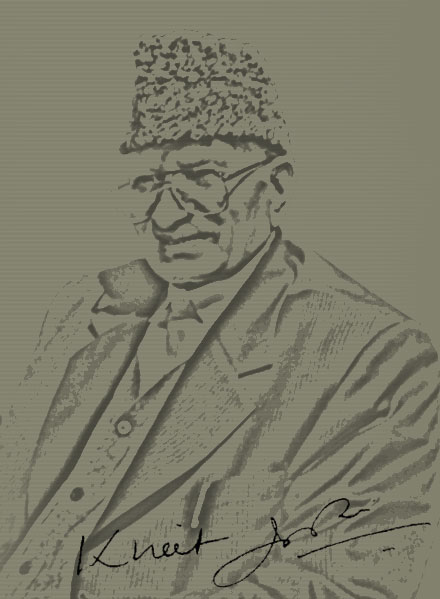
Articles
Our system of education is the legacy of the colonial past. Sixty years have passed since we attained independence, but even though, promised during the freedom struggle, we have not been able to change the system, except very marginally. The country needs a kind of education that is not yet being conceived, although greatest pioneers of the freedom struggle have already given us the glimpses of that education. If India has to play a leading role in meeting the challenges of the contemporary civilization and also the contemporary crisis; we have to redesign our Education System during the next ten years.
Read Articles